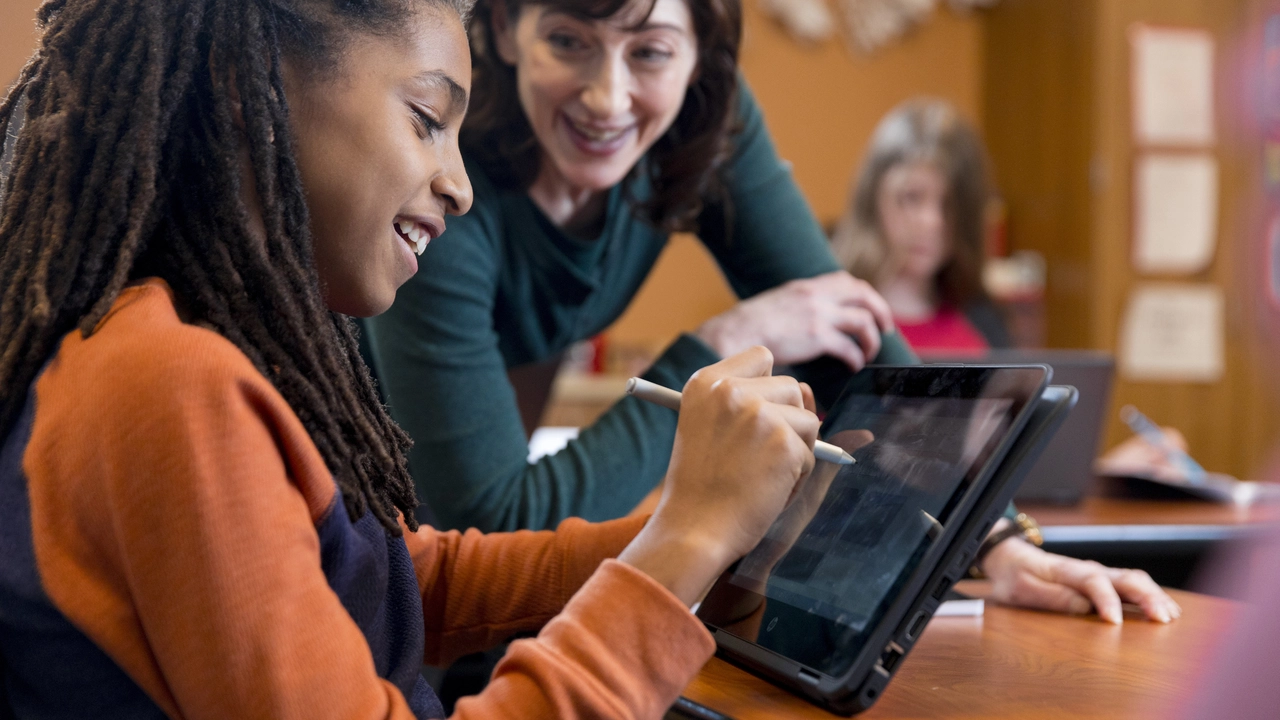Education Reform and Innovation: Fresh Alternatives to the Banking Model
Ever felt like school is just a place where teachers dump facts and students have to memorize them? You’re not alone. Many learners say the old ‘banking’ model feels boring and ineffective. Luckily, there are real, hands‑on methods that make learning stick and feel relevant.
Why the banking model doesn’t work for most students
In the banking model, the teacher is the only source of knowledge and students are passive receivers. This set‑up limits creativity, stops curiosity, and leaves a lot of material unremembered. When you’re forced to re‑write notes without seeing how they apply in real life, motivation drops fast. That’s why schools are looking for ways to turn the classroom into a workshop instead of a vault.
Project‑Based Learning: Learning by Doing
Project‑based learning (PBL) lets you tackle real problems with a team. Instead of a test on theoretical concepts, you might design a water‑saving system for your neighborhood or create a business plan for a local product. PBL forces you to research, plan, and present—skills you’ll actually use after school. It also gives teachers a chance to guide rather than lecture.
Want a quick start? Pick a topic you care about, set a goal, and break it into steps. Check in with classmates or a mentor every week. The sense of progress keeps you engaged.
Flipped Classroom: Switch the Lecture to Home
In a flipped classroom, teachers record short video lessons for you to watch at home. Class time is saved for discussions, problem‑solving, or labs. You get to pause, rewind, and replay the video as many times as you need, which is impossible in a live lecture. Then, when you’re in class, you can ask questions and work through challenges together.
If your school hasn’t tried this yet, ask your teacher for a short video on a tricky topic and suggest a group activity for the next lesson.
Personalized Learning: One Size Doesn’t Fit All
Personalized learning adapts the pace and style of instruction to each student. Some learners need more practice with math, while others crave deeper reading material. Tools like adaptive quizzes give instant feedback, so you know exactly where to focus.
Start by tracking which subjects feel easy and which feel hard. Use free online quizzes to gauge your strength, then ask your teacher for extra resources on the weak spots.
Experiential Learning: Learning Through Real Experiences
Experiential learning pushes the classroom walls outward. Internships, field trips, community service, and simulations let you apply theory in real‑world settings. When you see how a chemistry principle works in a garden, it clicks faster than any textbook diagram.
Look for local volunteer projects or part‑time jobs that relate to your study field. Even a short weekend workshop can turn abstract ideas into tangible skills.
All these alternatives share one goal: put the student in the driver’s seat. By mixing projects, flipped videos, personalized paths, and real‑world experiences, education becomes more than just memorizing dates and formulas—it becomes a toolkit for life.
Ready to try something new? Pick one method that feels most exciting and give it a shot this week. You might be surprised how much more fun learning can be when you’re actively involved.
What are alternatives to the banking model of education?
In my exploration of alternatives to the traditional banking model of education, I discovered several innovative approaches. Project-based learning, for instance, encourages students to apply their knowledge to real-life situations, fostering creativity and critical thinking. The flipped classroom model promotes student engagement by shifting lectures to a digital format, leaving class time for hands-on learning. Personalized learning tailors education to each student's needs and pace, while experiential learning emphasizes learning through doing. These methods all aim to create an interactive, student-centered learning environment.
View More